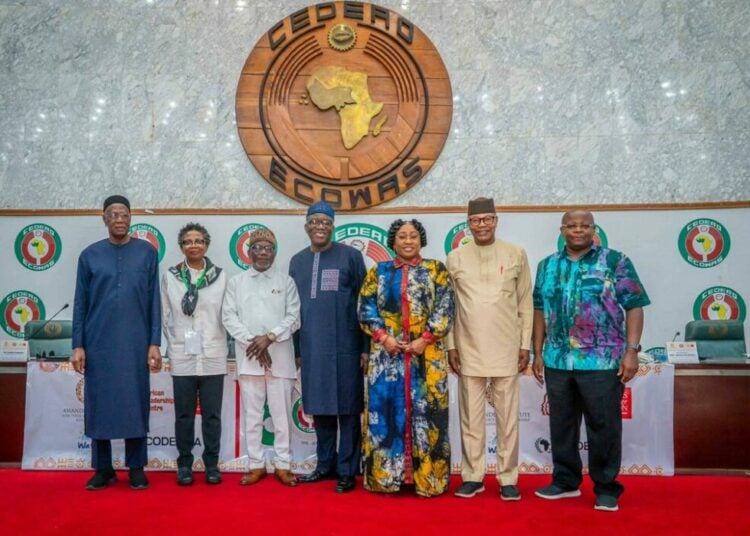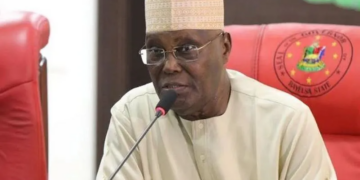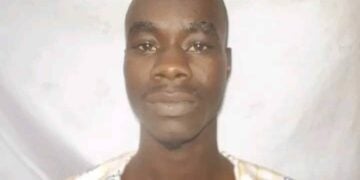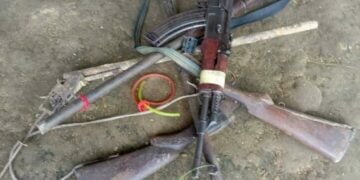Regional leaders, policymakers, and scholars have called for renewed unity, institutional reform, and a citizen-driven approach to regional integration in the face of mounting political and security challenges confronting the subregion.
The leaders made the remarks as the Economic Community of West African States (ECOWAS) marks its 50th anniversary.
Speaking at the African Public Square Debate on “Future-Proofing Regional Integration in Africa” held in Abuja on Friday, key figures from across West Africa urged the regional bloc to reinvent itself to remain relevant in the face of democratic decline, insecurity, and growing public disillusionment.
The President of the ECOWAS Commission, who was represented at the event by Dr Omar Alieu Touray, the Commissioner for Political Affairs, Peace, and Security, and Ambassador Abdel-Fatah Musah, described the anniversary as “a moment for deep reflection, partnership, and renewal.”
Musah commended the collaboration among the Africa Leadership Centre, the Amandla Institute, and the Mandela Institute for Policy and Leadership Advancement, describing the platform as one that “promises to help shape ECOWAS’ future course.”
Reflecting on the organisation’s founding in 1975 by Nigeria’s General Yakubu Gowon and Togo’s General Gnassingbé Eyadéma, Musah outlined ECOWAS’ evolution through three key phases — its Cold War beginnings, its interventionist role in the post-Cold War years of civil conflicts, and the current period marked by democratic regression and insecurity.
“West Africa finds itself at a very critical juncture in its evolution. We have a crisis of security and a crisis of democracy today,” Musah said. “Democracy is in crisis, and it doesn’t seem like leaders have learned their lesson.”
On insecurity, Musah said instability in the Sahel had worsened, intensifying pressure on ECOWAS to adapt. He disclosed that the organisation had launched a “citizen-led introspection process” to produce a new 15-year roadmap for regional development and governance.
He emphasised the role of young people and civil society in shaping the region’s future, saying, “The youth are not just the leaders of tomorrow; they are the drivers of change today.”
Former Ekiti State Governor and Co-founder of the Amandla Institute, Dr Kayode Fayemi, warned that ECOWAS risked sliding into irrelevance if it continued to operate as “an elite club of rulers detached from the needs of its citizens.”
“Fifty years is a significant milestone, but it must also serve as a time for reckoning and bold reform,” Fayemi said. “ECOWAS must evolve into a citizen-centred community capable of addressing poverty, inequality, insecurity, and governance failures.”
He cited stalled internal reforms, weak political will, and the failure to implement the single currency project as indicators of the bloc’s waning vitality. Fayemi also warned against deepening external influence, saying, “foreign donors have embedded themselves deeply in ECOWAS’ structures and processes.”
On the region’s worsening insecurity, Fayemi called for a comprehensive human security approach that goes beyond military action. “In the three countries that have exited ECOWAS—Burkina Faso, Mali, and Niger—terrorism and insecurity have worsened since the military took over,” he said, urging the bloc to find creative ways to re-engage the breakaway Sahelian nations while preserving regional unity.
Professor Funmi Olonisakin, Vice President for International Engagement and Services at King’s College London, said the time had come to reinvent the West African integration project, stressing the need for “a complete rethinking of regional cooperation” 50 years after ECOWAS’ founding.
Dr Godwin Murunga, Executive Secretary of the Council for the Development of Social Science Research in Africa (CODESRIA), also noted that colonial borders continue to hinder integration, but said people-driven processes — through trade, mobility, and technology — are advancing faster than state-led efforts.
Founded in 1975, ECOWAS was established to promote economic integration, free movement, and political cooperation among its 15 member states. Over the decades, it has played a central role in peacekeeping, conflict resolution, and the defence of democratic governance across West Africa.





